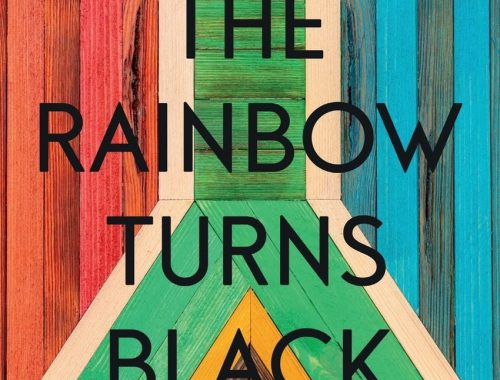The Book Thief
 HERE IS A SMALL FACT – YOU ARE GOING TO DIE
HERE IS A SMALL FACT – YOU ARE GOING TO DIE
1939. Nazi Germany. The country is holding its breath. Death has never been busier.
Liesel, a nine-year-old girl, is living with a foster family on Himmel Street. Her parents have been taken away to a concentration camp. Liesel steals books. This is her story and the story of the inhabitants of her street when the bombs begin to fall.
SOME IMPORTANT INFORMATION – THIS NOVEL IS NARRATED BY DEATH
The subject of this novel was of interest to me. I have read lots of books set during World War II but most have been from the point of view of the British, Americans or Europeans resisting the Germans, some have been about the Jews having to cope with the horrors thrust on them, only one has been through the eyes of a person living in Germany and trying to make sense of what was happening around them. The Book Thief is about Liesel, a young girl growing up in the wartime in Germany and this made it fascinating, quite aside from the interest in why she was a book thief or why Death himself was narrating the story.
Therefore, and I feel compelled to be honest here, it was a bit of a disappointment when it took me a little while to really get into this. Maybe I wasn’t in the right mood! I found it hard to get to like our protagonist Liesel, despite her plight, (she loses her brother and mother and is fostered into a new, harsh family early on in the novel), however as I got to know her, and her new family I got drawn in.
From the beginning I was interested in the narration. The voice of Death as a storyteller and as a character is quirky to say the least, and the pictures painted in his sections are very evocative. It is evident that the war period is going to be a busy time for Death and he is ideally placed to comment on what is going on all around him. As an overseer he gets the big picture and can comment on the lives of Liesel and those that live with her and around her.
Liesel’s is a story of growing up in pre-war and wartime Germany, a time of tension, fear and suspicion, at least if you were unsure about Nazism and didn’t want to be a part of what was happening. As her father was a communist Liesel has been sent away to a new home, a place of safety. She has to learn about a new family, a new neighbourhood and a new Germany. There are tough times, food shortages and job difficulties for Liesel’s new father, work is hard to find if you are not thought to be sympathetic to the cause. It is hard to get by and live up to your conscience. Liesel also has to cope with finding friends, standing up for herself, proving herself and all the other things that would normally affect a teenage girl.
Zusak effortlessly shows us the toughness of Liesel’s world and the plight of the German people, those who are unhappy about what is happening and those who are drawn in. The book burnings, the attacks on the Jews, the shortages suffered by many, the fear of being different, the pressure to be the perfect German. As Liesel’s new family suffer, hide a Jew, wait for the bombs, lose a father to work away from home, through all these things the curtain is lifted on what it was like to be part of the other side.
Verdict: In the end I was enthralled, some of this is not easy to read, but it is so thought provoking, it is heartbreaking and at the same time it succeeds in being up-lifting. Many of its themes are still relevant today. A fascinating read.
Reviewed by Helen
Publication Date: September 2007
Format: Paperback
Pages: 554
Genre: Historical fiction, WWII
Reviewer: Helen
Source: Borrowed
Challenge: None
You May Also Like

Adventures About to Begin
April 27, 2023
When The Rainbow Turns Black
November 25, 2022
